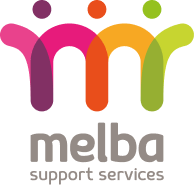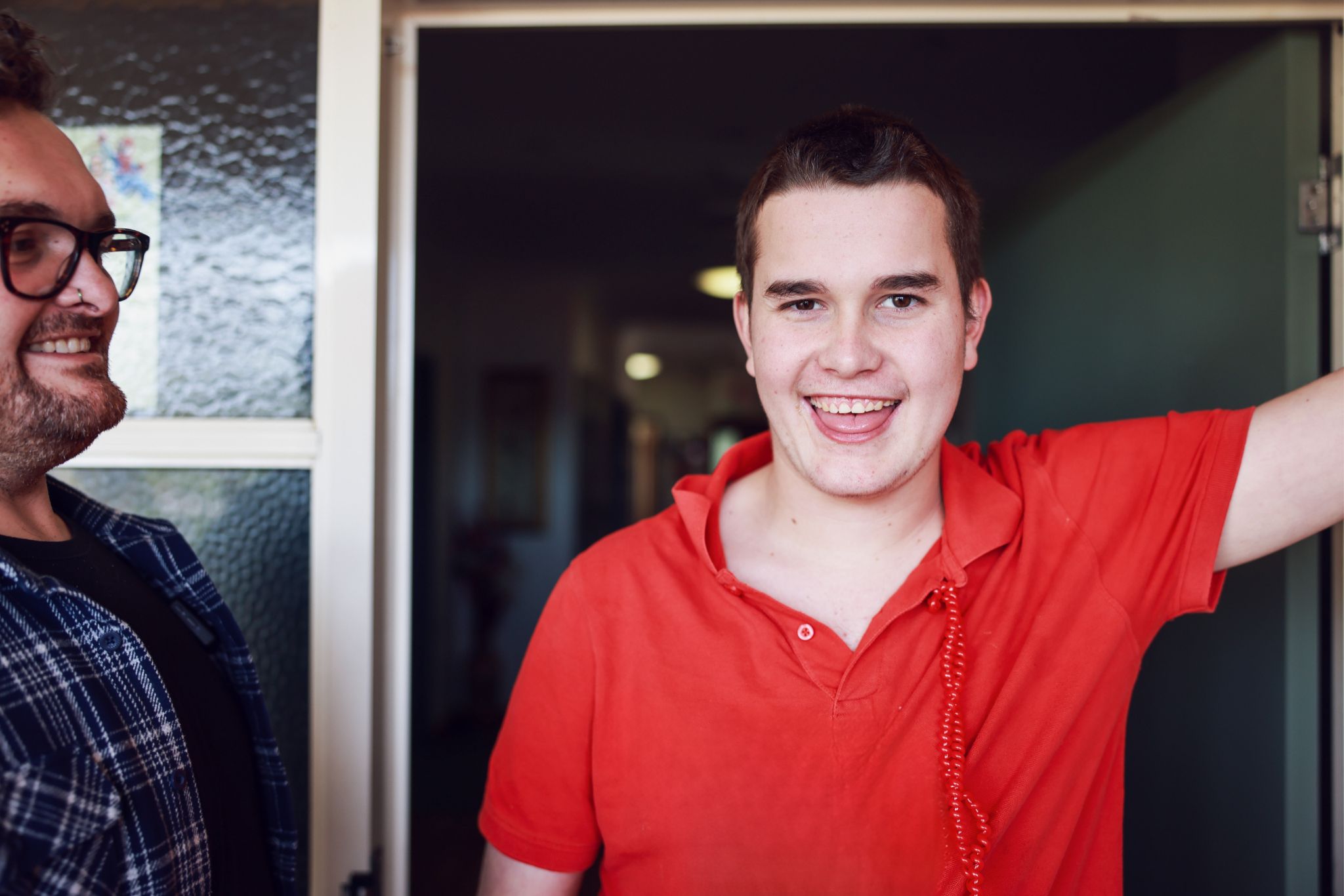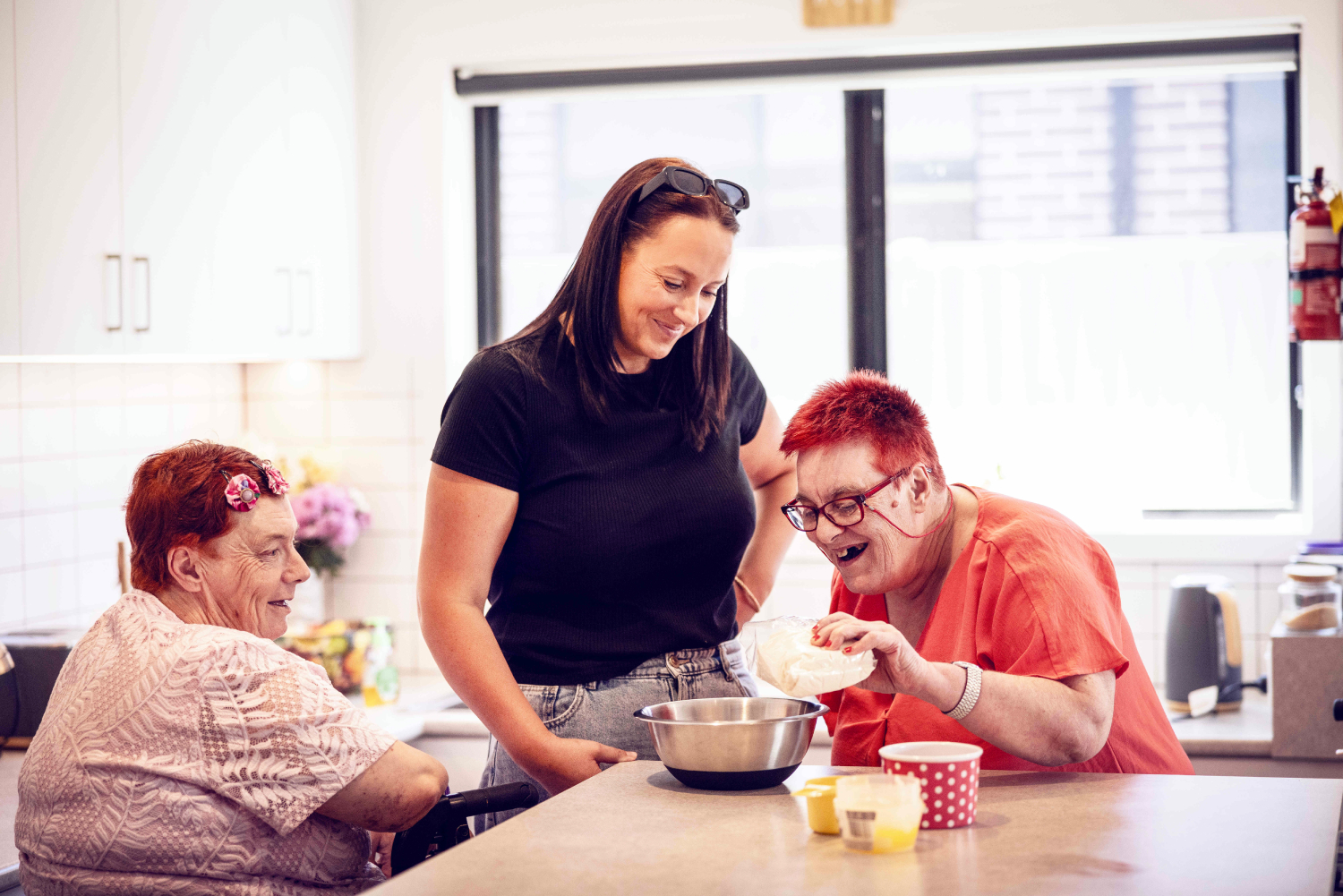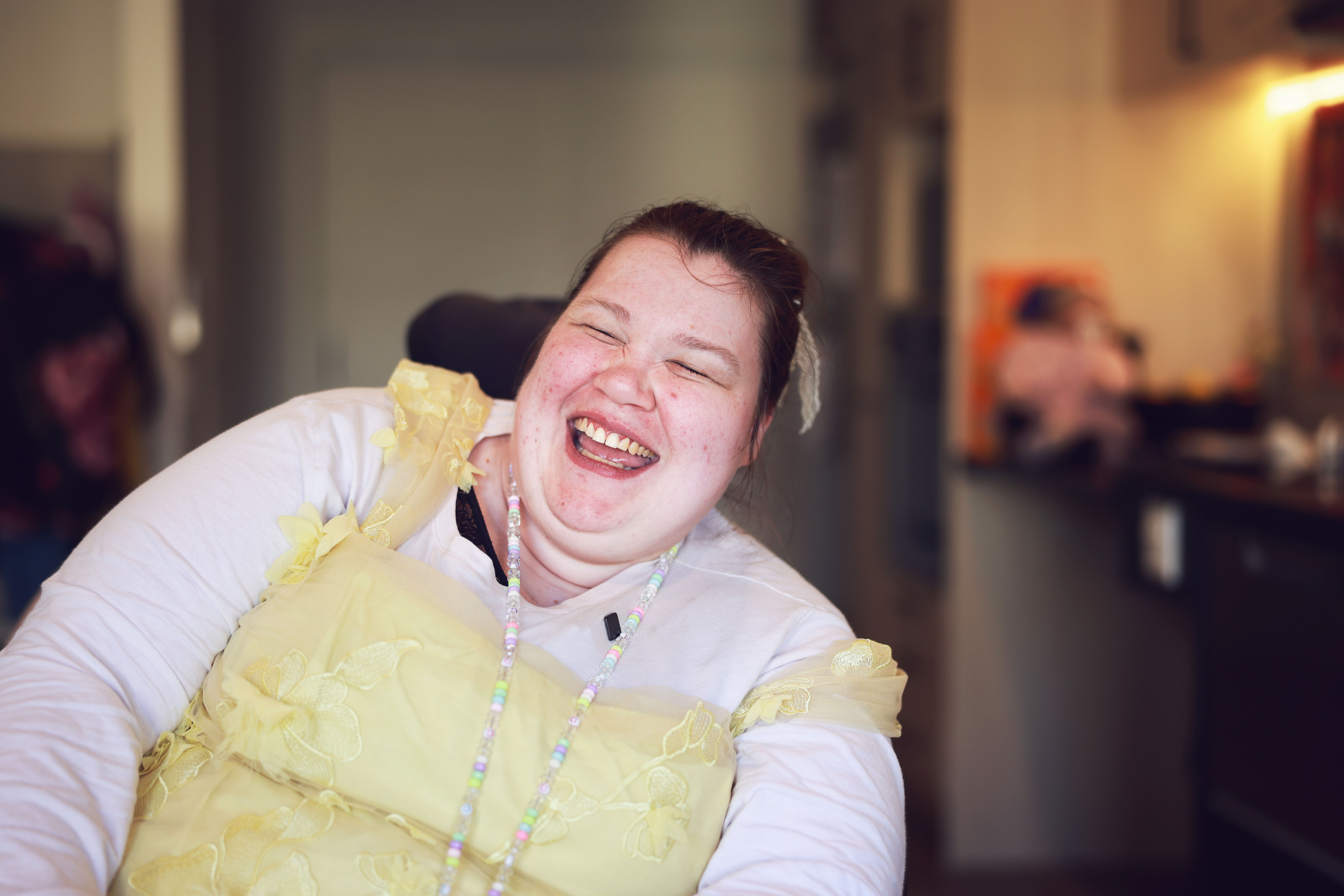“No one should make you feel ashamed for who you are. That’s not OK”
July 2, 2025
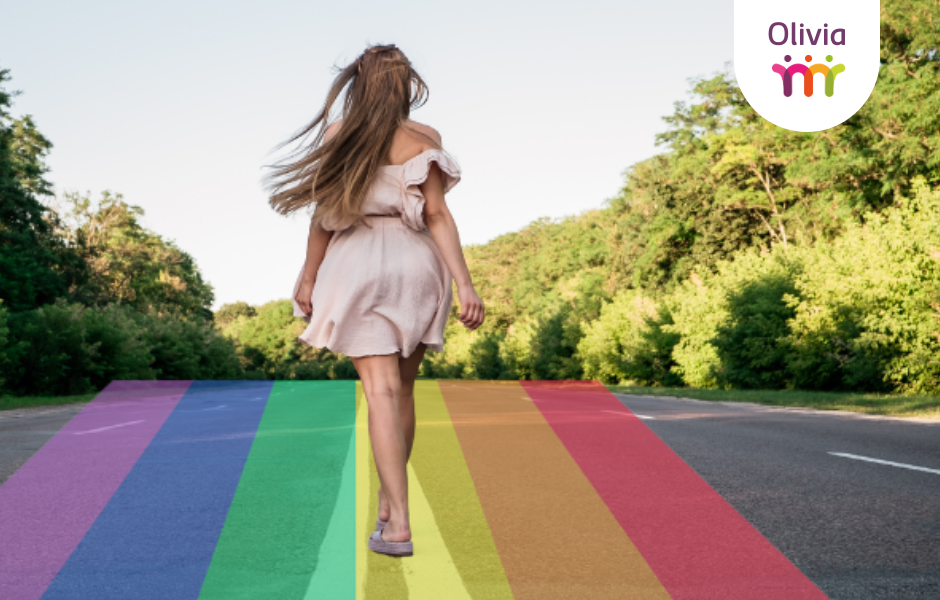
When Olivia* turned 30, she stopped waiting for her life to make sense and started making sense of her life instead. And that’s when the penny dropped.
It wasn’t a dramatic revelation or a lightning-bolt moment – more like finally putting on a pair of glasses and realising the world had always been clearer than she thought. It was at this moment Olivia realised she identified as queer.
Seven years later, Olivia is wrestling with a question that has occupied her thoughts for most of that time: how do you talk to those closest to you, particularly those who are religious and have spent the past 37 years “protecting” you, that your inherent sexuality does not align with their values?
How do you explain to people who still think you’re not ready to be a mother that you dream of marriage, children and a love that doesn’t fit the narrow boxes you feel have been built around your life?
These are the conversations Olivia, who lives with disability, has had, but when it comes to her family, she doesn’t feel heard – so she wants to try again. And with Pride Month upon us, she’s running out of reasons to stay quiet.
When you feel shame, it’s really hard to let go of it … but (being queer) is not something I should be ashamed of.
The path to self-acceptance hasn’t been easy. Like many in the LGBTQIA+ community, Olivia has grappled with shame – a burden that kept her from embracing her identity for years.
“When you feel shame, it’s really hard to let go of it,” she says. “It’s like carrying a weight. Sometimes, I do feel ashamed of myself and that’s tough. But (being queer) is not something I should be ashamed of.”
This internal struggle was compounded by external pressures and the fear of judgment from those closest to her. “It’s also hard when people try to make you feel ashamed, but if you’re going through something like this, just know that it’s not your fault,” she says.
“No one should make you feel ashamed for who you are. That’s not OK.”
While Olivia has found acceptance and support among her friends, her family remains a more complicated terrain to navigate. The contrast is stark and painful.
“I feel very supported by my friends, but not so much by my family,” she says. “They are very protective. I stayed most of my life hiding the fact that I’m queer.”
Her friends see beyond her disability, embracing her dreams and aspirations. “My friends don’t just see me as my disability. They understand that I want to have a family, have kids and have a job,” she says.
But with her family, the dynamic is different. Despite being their daughter for 37 years, Olivia feels they struggle to see her as a complete person with her own desires and agency.
Because I have Down Syndrome, (my parents) couldn’t really see me as someone who could be in a relationship.
For Olivia, being queer intersects with being a person with disability in ways that compound the challenges she faces. Her parents’ protectiveness, while well-intentioned, has created barriers to their understanding of who she’s become.
“Because I have Down Syndrome, they couldn’t really see me as someone who could be in a relationship,” she says. “It’s harder for them to see me that way. (My parents) still think that I’m not old enough to be a mum. They don’t see that I want to have a family and have kids and have a job. Because I have a disability, they see (me having children) as a challenge.”
This perception cuts deep, especially when Olivia sees different standards applied within her own family. She speaks proudly of her cousin Harry, who is married to a man named Richard – a relationship her family accepted.
The implicit question hangs in the air: why is her love viewed differently?
Despite the challenges, Olivia refuses to let others’ perceptions diminish her dreams. She speaks with conviction about her hopes for the future.
“Yes, definitely! I want to have a family and kids – maybe two or three,” she says. “I also want to get married, but I’m not quite ready for that step yet. I’m not in a relationship, but when the time is right, I’ll know.”
For Olivia, sharing her story isn’t just about personal catharsis – it’s about reaching others who might be walking a similar path. Her advice carries the weight of lived experience.
“For younger people out there going through the same thing, I’d say: let your parents and friends know. If they’re supportive, they’ll help you through it,” she says. “Come out if you can. I’ve been thinking about that a lot lately – about getting everything out in the open. I’m trying to be strong, but it’s hard dealing with it.”
She’s particularly mindful of young people facing rejection or shame from their families. “If your parents are struggling with it, or if people are hurting you, that’s on them, not you,” she says.
I didn’t choose to be this way and I’m going to love who I love. I want my parents to understand who I am.
As Olivia prepares to have difficult conversations with her family, she holds on to hope that understanding will eventually come. Her message to her parents, when the time comes, will be simple but profound:
“I guess I’d say that I am who I am,” she says. “I didn’t choose to be this way and I’m going to love who I love. I want my parents to understand who I am. I hope they understand that it’s not about whether I like boys or girls – it’s just who I am now. I’ve thought about it for years and I want to tell my parents so they can try and understand what I’m going through. It’s hard.”
As Pride Month reminds us to celebrate authenticity and the courage to live openly, Olivia’s journey continues. She’s not just coming out – she’s coming into her own, one conversation, one relationship and one day at a time. Her story is a reminder that love, in all its forms, deserves recognition, respect and celebration.
“I am who I am,” she says. “When I get out of the bed, I feel like I’m awesome and love who I am … so don’t judge me for my disability!”
*Olivia is a person Melba supports. Her name has been changed at her request to respect her family’s right to privacy.

